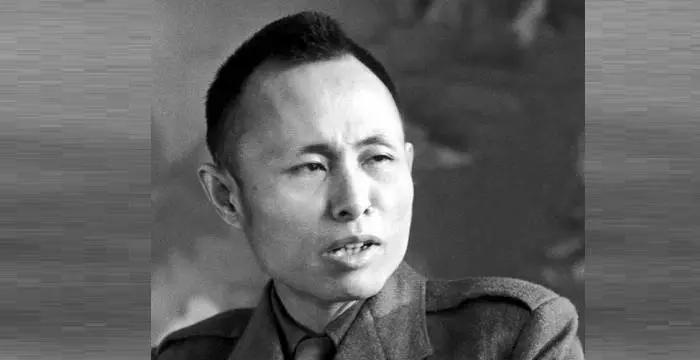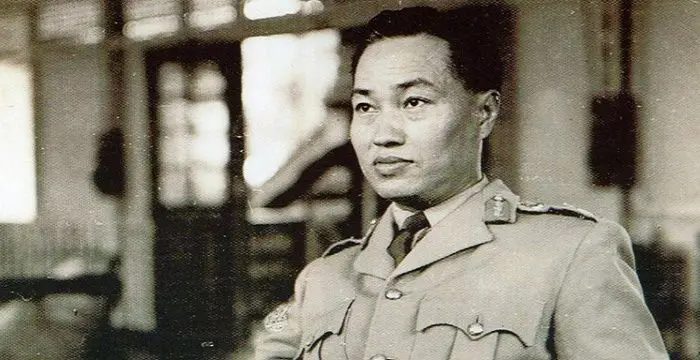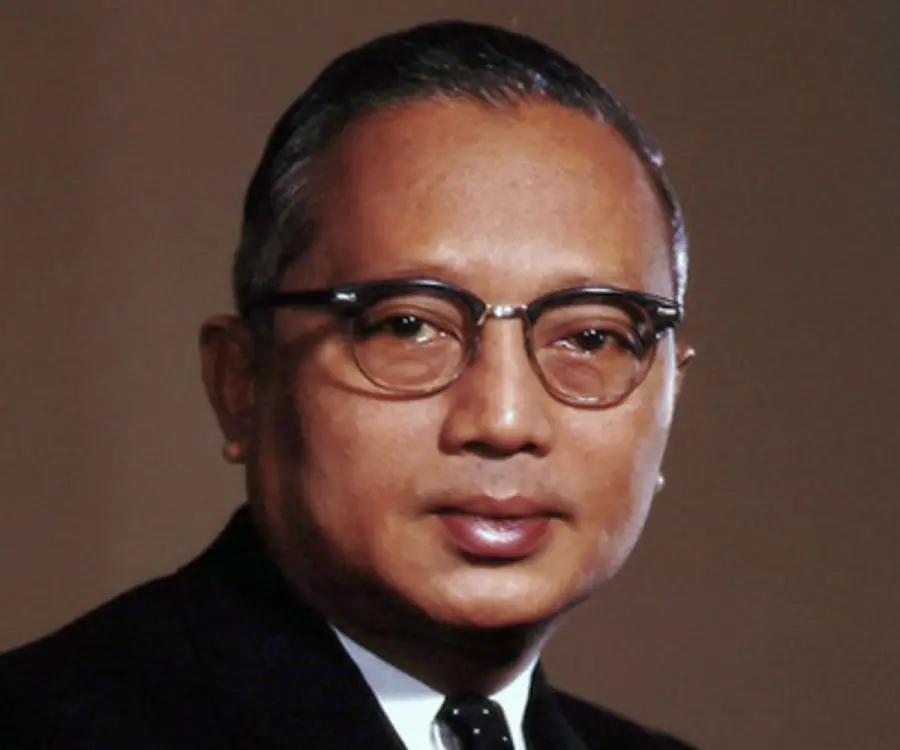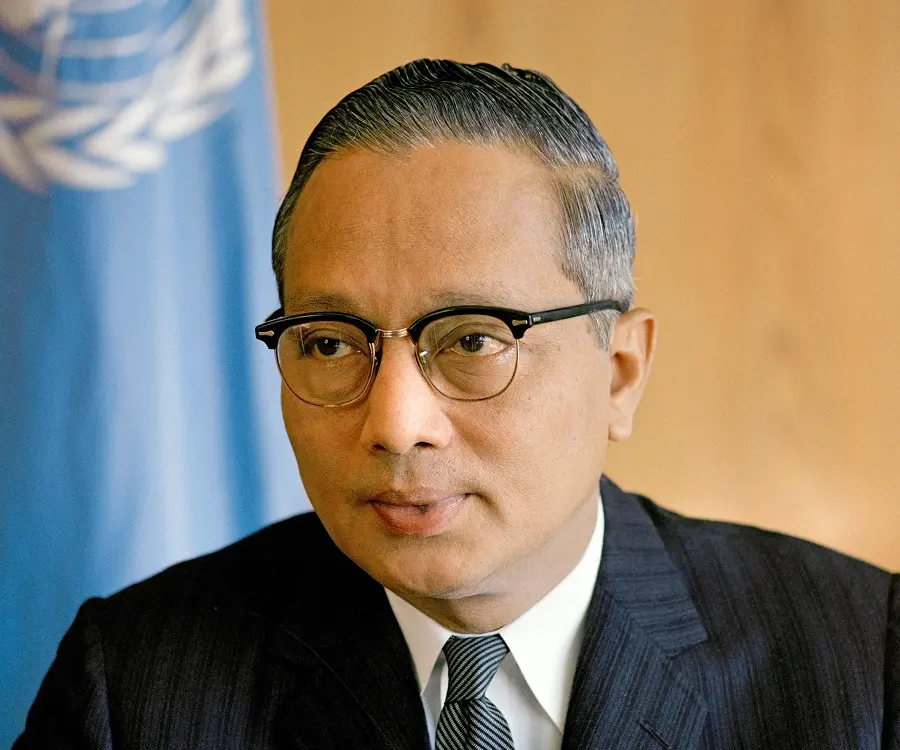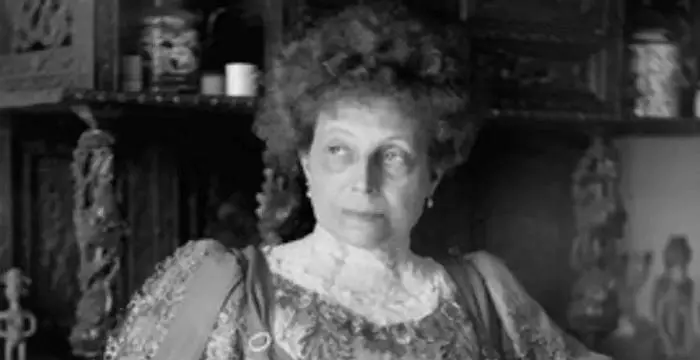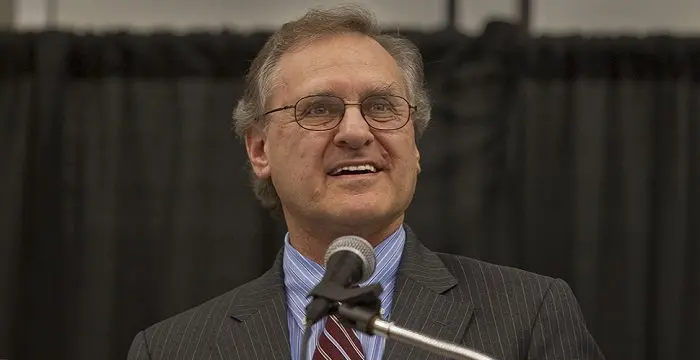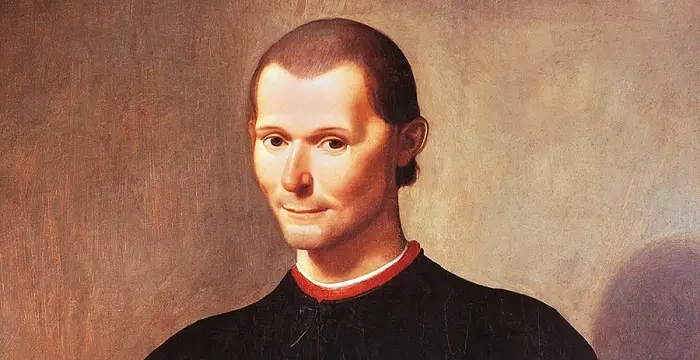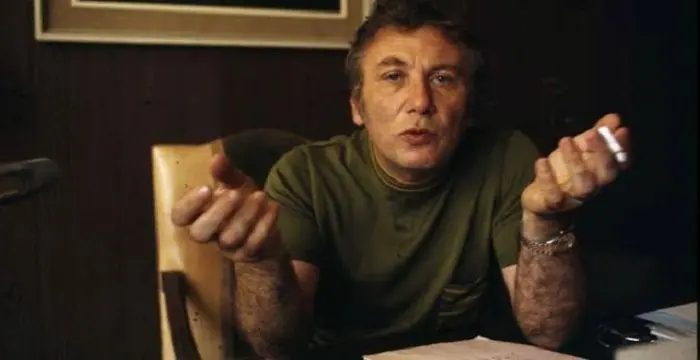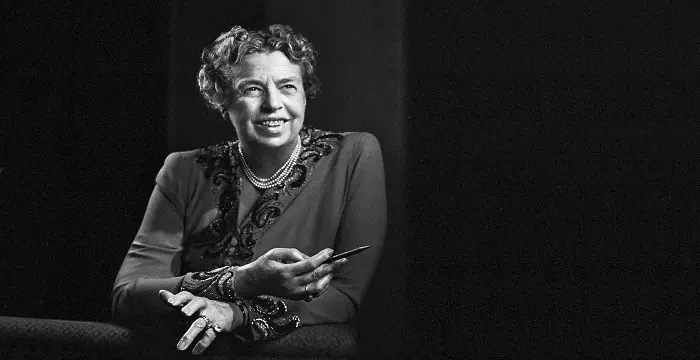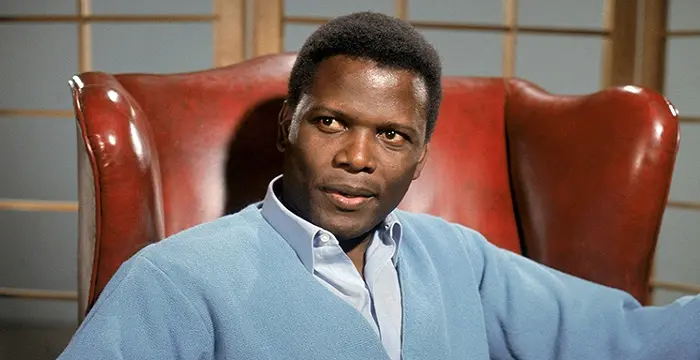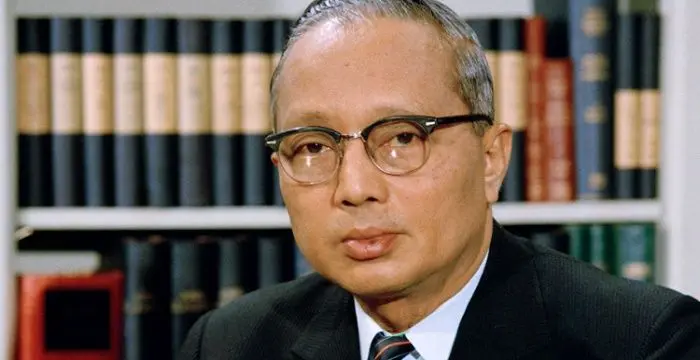
U Thant - 3rd Secretary General of the U.n, Birthday and Childhood
U Thant's Personal Details
U Thant was a Burmese diplomat who served as the Secretary-General of the United Nations
| Information | Detail |
|---|---|
| Birthday | January 22, 1909 |
| Died on | November 25, 1974 |
| Nationality | Burmese |
| Famous | Leaders, Diplomats, 3rd Secretary General of the U.n, Burmese Leaders |
| Known as | Thant |
| Universities |
|
| Birth Place | Pantanaw |
| Religion | Buddhism |
| Gender | Male |
| Father | Po Hnit |
| Sun Sign | Aquarius |
| Born in | Pantanaw |
| Famous as | 3rd Secretary General of the U.N. |
| Died at Age | 65 |
// Famous Burmese Leaders
General Aung San
General Aung San was a renowned nationalist leader of Burma. This biography of Aung San provides detailed information about his childhood, life & timeline.
Ne Win
Ne Win is a politician from Burma, who is known for having practiced military law in his country for more than 26 years. This biography provides detailed information about his childhood, profile, career and timeline
U Thant's photo
Who is U Thant?
U Thant was a Burmese diplomat who served as the Secretary-General of the United Nations from 1961 to 1971. He was the third Secretary-General of the U.N. and the first non-European to hold the position. Born in a family of landowners and rice merchants, he wanted to become a journalist. He lost his father at the age of 14, and his father's death pushed the family into financial turmoil. Being the eldest son, the family's responsibilities fell on Thant's shoulders and to support the family he opted for a two-year teaching certificate at Rangoon University instead of a four-year degree. Thereafter he started working as a school teacher before becoming the head master of the school at a relatively young age. His friend U Nu, who became the Prime Minister of Burma following the country’s independence, brought him into public life and Thant served in different capacities in the government for several years before becoming the Secretary General of the United Nations. He served two terms as the Secretary General of the United Nations and refused to be considered for a third term. During his time at the United Nations, he effectively tackled grave diplomatic crises such as the Cuban Missile Crisis and the Civil War in Congo.
Childhood & Early Life
U Thant was born on January 22, 1909, in Pantanaw, Burma, to Po Hnit and his wife Nan Thaung. Thant’s father, an educated man, was one of the individuals involved in the establishment of the Burmese Research Society as well as the newspaper ‘The Sun’. Thant had three younger siblings, all brothers.
He attended the National High School located in Pantanaw and was known to be a studious, thoughtful student who was nicknamed ‘The Philosopher’ by his class mates. When he was only 14 years old, his father passed away and the entire family had to endure financial difficulties during that time.
Considering the financial condition of his family at the time, he thought that he would not be able to afford to go for a fully fledged four year course at the university and hence he enrolled in Rangoon University for a teaching certificate course in 1926.
At University, Thant became friends with U Nu, who would go on to become the Prime Minister of the country. He completed his course after two years and returned to his Pantanaw and started teaching at National High School.
Career
After teaching at the National High School for some time, U Thant appeared for the All Burma Teachership Examination in 1931 and came first. By the time he was 25, he became the headmaster of the school. During this period, he contributed to several periodicals as well as newspapers.
Following the occupation of Burma by Japan in 1942, he was appointed as the secretary of the educational reorganisation committee set up by the Japanese but he quit after a year following the move to make Japanese language a compulsory part of the curriculum. He went back to National High School and stayed as the headmaster for four years.
In 1947, he became a part of the government service in the capacity of a press director with the help of his friend U Nu and the following year, he was appointed as the director of broadcasting after Burma’s independence. Subsequently, he went on to become the Secretary at the Ministry of Information.
In 1951, Burmese Prime Minister U Nu appointed him as the secretary to the prime minister. He served in that position for six years and was the closest person to the prime minister, as he helped him formulate policies and also wrote his speeches. During this period Thant also attended global conferences.
In 1957, he was appointed as the Burma’s permanent representative to the United Nations and served in that capacity till 1961. During that time, he was actively engaged in the negotiations that took place for Algerian independence and also served as UN Congo Commission Chairman. In 1959, he was made the vice president of the UN General Assembly.
On 3 Nov 1961 he was appointed as the acting Secretary-General of the UN after the major members could not reach a conclusion following the death of then UN Secretary General Dag Hammarskjold.
On 30 November 1962, General Assembly unanimously appointed him secretary-general till November 3, 1966. During his first term, he facilitated mediation between the U.S. and the U.S.S.R to diffuse the Cuban Missile Crisis and also helped end the secessionist unrest that erupted in Congo.
On 2 December 1966 he was re-elected as the U.N. Secretary-General and his five year term saw him establish key UN programmes like the UN Development Programme, UN Environmental Programme as well as the UN University and the United Nations Conference on Trade and Development, among others.
His relation with the US deteriorated after he ordered UN troops in Sinai to be withdrawn following the request of President Nasser of Egypt. Additionally, his criticism of American policies in relation to the Vietnam War was a bone of contention.
On 31 December 1971, he retired from his post of the U.N. Secretary-General and did not seek re-election for a third term. Subsequently, he joined the Adlai Stevenson Institute of International Affairs in the capacity of a senior fellow and spent his last days in Riverdale, Bronx.
Major Works
His most important work in his career as a diplomat was that of mediating between the US and Russia to diffuse the Cuban Missile Crisis of 1962. It helped avoid a nuclear war.
Awards & Achievements
U Thant was someone who did not like to accept awards; he refused to accept the Burma's second highest honor awarded to him by U Nu's government in 1961.
He accepted two awards in his life: the Jawaharlal Nehru Award for International Understanding in 1965 and the Gandhi Peace Prize in 1972.
Personal Life & Legacy
U Thant married Daw Thein Tin and the couple had three children; two sons named Maung Bo and Tin Maung Thant and a daughter named Aye Aye Thant. He also had one adopted son.
He died of lung cancer on November 25, 1974, in New York.
// Famous Leaders
Edi Rama
Edi Rama is the current Prime Minister of Albania. Check out this biography to know about his childhood, life, achievements, works & timeline.
Tecumseh
Tecumseh was a Native American leader of the Shawnee clan. This biography profiles his childhood, life and timeline.
Khalifa bin Zayed Al Nahyan
Sheikh Khalifa bin Zayed Al Nahyan is the current President of the United Arab Emirates (UAE). Check out this biography to know about his birthday, childhood, family life, achievements and fun facts about him.
U Thant's awards
| Year | Name | Award |
|---|---|---|
Other | ||
| 0 | Jawaharlal Nehru Award for International Understanding | |
U Thant biography timelines
- // 22nd Jan 1909U Thant was born on January 22, 1909, in Pantanaw, Burma, to Po Hnit and his wife Nan Thaung. Thant’s father, an educated man, was one of the individuals involved in the establishment of the Burmese Research Society as well as the newspaper ‘The Sun’. Thant had three younger siblings, all brothers.
- // 1926Considering the financial condition of his family at the time, he thought that he would not be able to afford to go for a fully fledged four year course at the university and hence he enrolled in Rangoon University for a teaching certificate course in 1926.
- // 1931After teaching at the National High School for some time, U Thant appeared for the All Burma Teachership Examination in 1931 and came first. By the time he was 25, he became the headmaster of the school. During this period, he contributed to several periodicals as well as newspapers.
- // 1942Following the occupation of Burma by Japan in 1942, he was appointed as the secretary of the educational reorganisation committee set up by the Japanese but he quit after a year following the move to make Japanese language a compulsory part of the curriculum. He went back to National High School and stayed as the headmaster for four years.
- // 1947In 1947, he became a part of the government service in the capacity of a press director with the help of his friend U Nu and the following year, he was appointed as the director of broadcasting after Burma’s independence. Subsequently, he went on to become the Secretary at the Ministry of Information.
- // 1951In 1951, Burmese Prime Minister U Nu appointed him as the secretary to the prime minister. He served in that position for six years and was the closest person to the prime minister, as he helped him formulate policies and also wrote his speeches. During this period Thant also attended global conferences.
- // 1961U Thant was someone who did not like to accept awards; he refused to accept the Burma's second highest honor awarded to him by U Nu's government in 1961.
- // 3rd Nov 1961On 3 Nov 1961 he was appointed as the acting Secretary-General of the UN after the major members could not reach a conclusion following the death of then UN Secretary General Dag Hammarskjold.
- // 1962His most important work in his career as a diplomat was that of mediating between the US and Russia to diffuse the Cuban Missile Crisis of 1962. It helped avoid a nuclear war.
- // 30th Nov 1962 To 3rd Nov 1966On 30 November 1962, General Assembly unanimously appointed him secretary-general till November 3, 1966. During his first term, he facilitated mediation between the U.S. and the U.S.S.R to diffuse the Cuban Missile Crisis and also helped end the secessionist unrest that erupted in Congo.
- // 1965 To 1972He accepted two awards in his life: the Jawaharlal Nehru Award for International Understanding in 1965 and the Gandhi Peace Prize in 1972.
- // 2nd Dec 1966On 2 December 1966 he was re-elected as the U.N. Secretary-General and his five year term saw him establish key UN programmes like the UN Development Programme, UN Environmental Programme as well as the UN University and the United Nations Conference on Trade and Development, among others.
- // 31st Dec 1971On 31 December 1971, he retired from his post of the U.N. Secretary-General and did not seek re-election for a third term. Subsequently, he joined the Adlai Stevenson Institute of International Affairs in the capacity of a senior fellow and spent his last days in Riverdale, Bronx.
- // 25th Nov 1974He died of lung cancer on November 25, 1974, in New York.
// Famous Diplomats
Gertrude Bell
Gertrude Bell was an English writer and diplomat, who was highly influential in helping the British Empire exert its dominance in the Middle East. Check out this biography to know about her childhood, family life, achievements and fun facts about her
Stephen Lewis
Stephen Lewis is a Canadian politician, broadcaster, diplomat and professor. This biography profiles his childhood, career, works, life, achievements and timeline.
Niccolò Machiavelli
Niccolo Machiavelli was an Italian politician, historian and philosopher who is widely known as a founder of modern political science.
Nizar Qabbani
Nizar Qabbani was a poet, and is one among the most honoured men in the Arab Literary world. This biography provides detailed information about his childhood, career, profile and timeline.
Eleanor Roosevelt
Eleanor Roosevelt was the the First Lady of the United States from 1933 to 1945. Check out this biography to know about her childhood, family life, achievements and other facts related to her life.
Sidney Poitier
Sidney Poitier is an actor, director and diplomat who was the first black person to win an Academy Award for Best Actor. This biography provides detailed information about his childhood, life, achievements, works & timeline.
U Thant's FAQ
What is U Thant birthday?
U Thant was born at 1909-01-22
When was U Thant died?
U Thant was died at 1974-11-25
Where was U Thant died?
U Thant was died in New York City
Which age was U Thant died?
U Thant was died at age 65
Where is U Thant's birth place?
U Thant was born in Pantanaw
What is U Thant nationalities?
U Thant's nationalities is Burmese
What was U Thant universities?
U Thant studied at University of Yangon
What is U Thant's religion?
U Thant's religion is Buddhism
Who is U Thant's father?
U Thant's father is Po Hnit
What is U Thant's sun sign?
U Thant is Aquarius
How famous is U Thant?
U Thant is famouse as 3rd Secretary General of the U.N.
